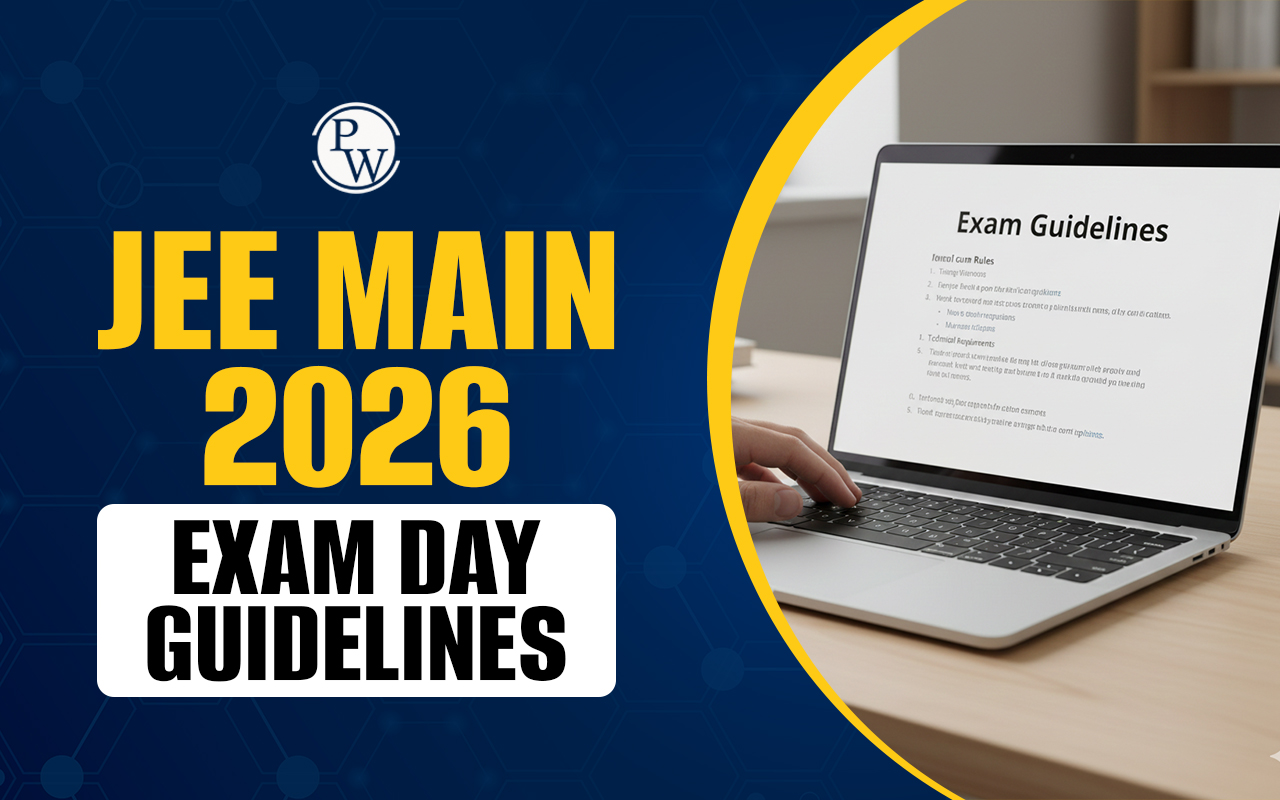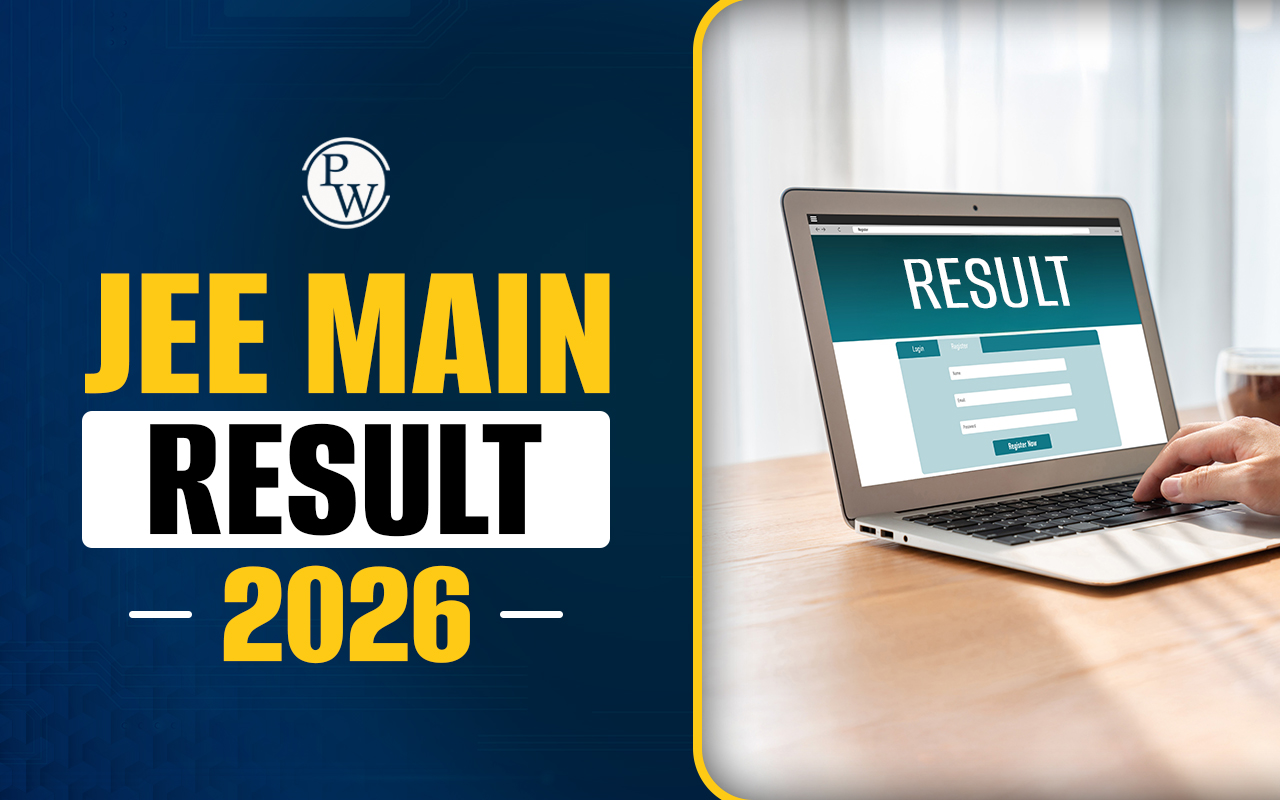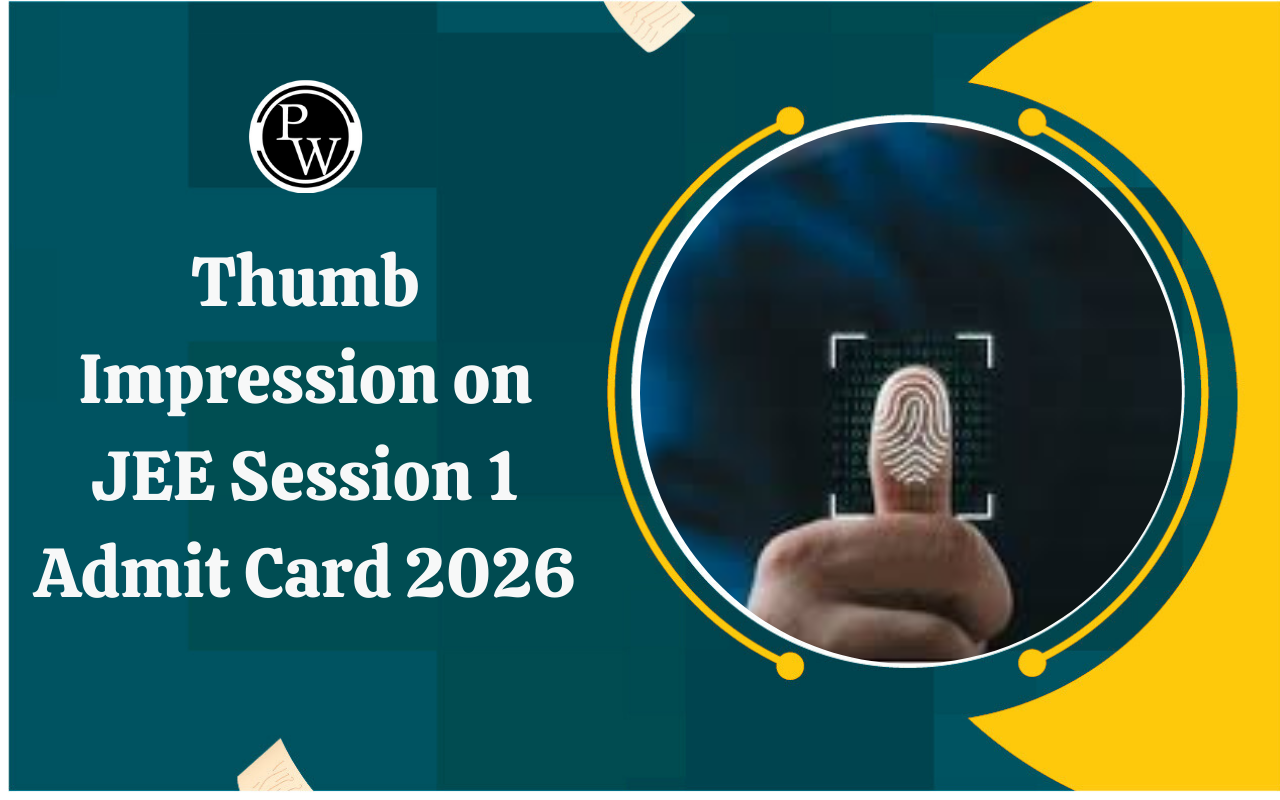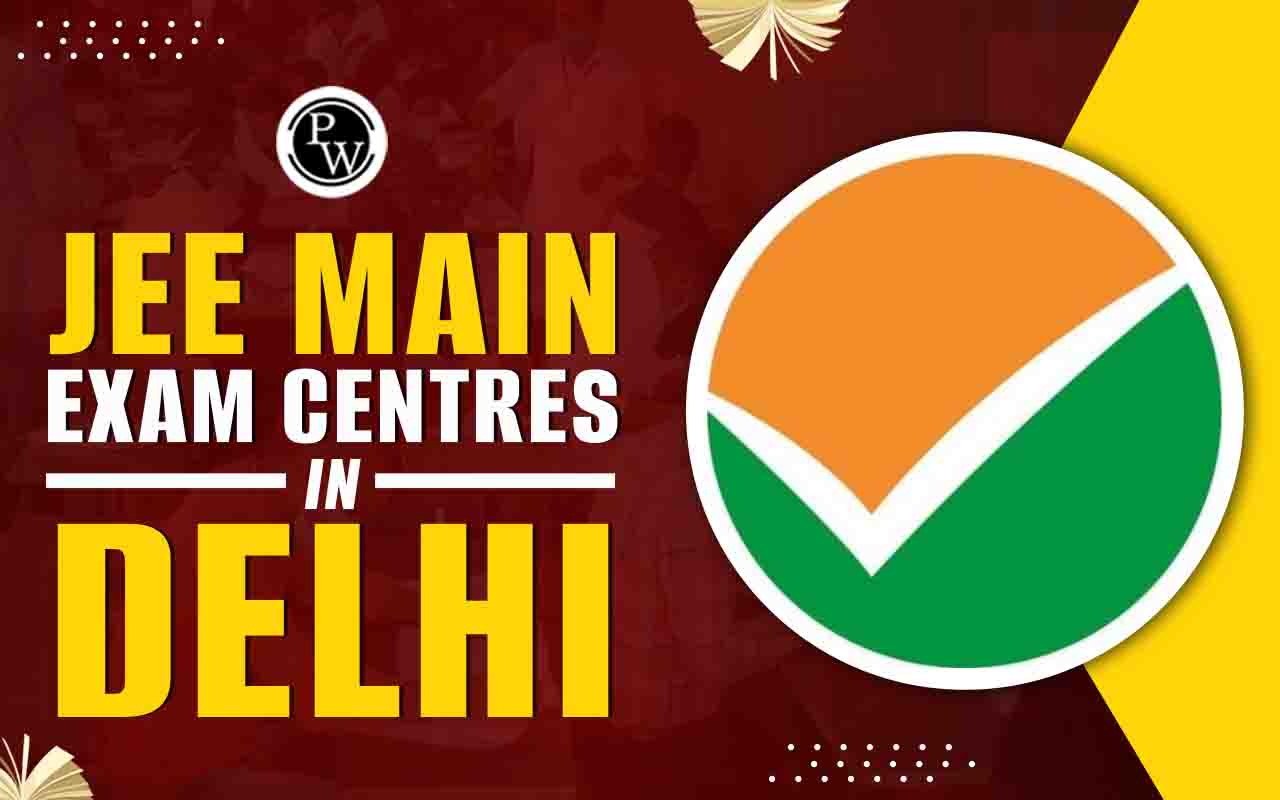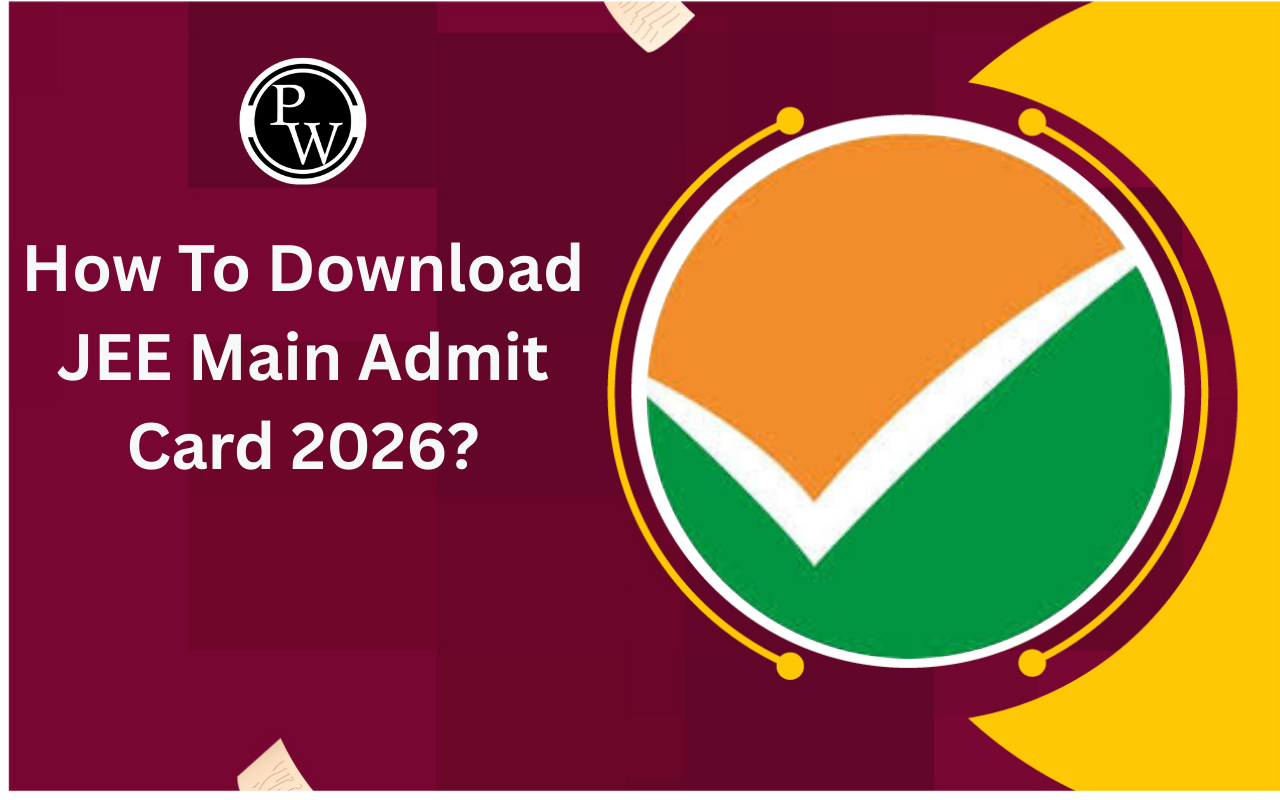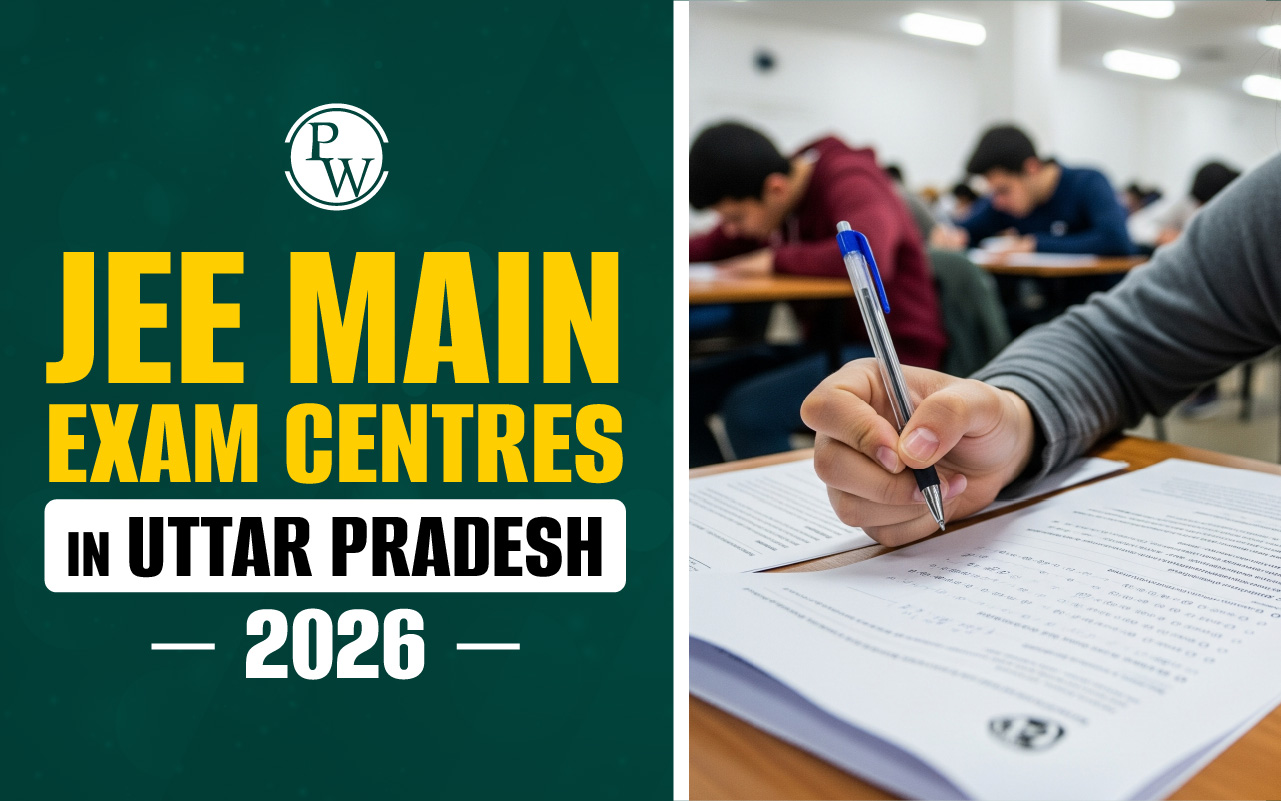
Coordination Compounds JEE Questions: Coordination compounds are a group of chemical compounds formed when a central metal atom or ion is bonded to a set of surrounding molecules or ions known as ligands. For JEE aspirants, the coordination compounds in the JEE Main syllabus is a scoring one if well-studied. The JEE exam generally asks a few questions based on the fundamental concepts of coordination chemistry, such as naming, bonding, isomerism, and stability of coordination compounds. Practicing coordination compound JEE Questions will help the aspirants to revise the important topics/concepts, which can help in scoring points while solving numericals and other problem-solving questions based on these topics/concepts.
Coordination Compounds JEE Questions Overview
Coordination compound JEE questions are generally asked in the JEE Mains and JEE Advanced exam inorganic chemistry section. In general, JEE Mains questions related to coordination compounds are quite straightforward and test the conceptual understanding of the students. At the same time, the JEE Advanced inorganic chemistry questions on coordination compounds can be quite tricky and involve a combination of multiple concepts.
Previous year paper analysis indicates that approximately 2–3 questions based on coordination compounds are asked every year. Many important coordination chemistry JEE questions are related to naming, hybridization, magnetic properties, and the types of ligands.
Practice Coordination Compounds JEE Questions
Students can achieve mastery in this chapter only through systematic practice. Practicing coordination compound questions JEE Mains and JEE Advanced inorganic questions help in memorizing the concepts as well as accuracy.
1. Select the correct IUPAC name for [Ti(π – C₅H₅)₂ (σ – C₅H₅)₂]:
-
bis (η⁵ - cyclopentadiene) bis (cyclopentadiene) titanate (IV)
-
bis (η⁵ - cyclopentadienyl) bis (cyclopentadienyl) titanium (IV)
-
bis (cyclopentadienyl) bis (η⁵ - cyclopentadienyl) titanate (IV)
-
bis(η⁵ - cyclopentadiene) bis (cyclopentadiene) titanium (IV)
2. Select the correct IUPAC name for [Pt (C₅H₅N)₄] [PtCl₄]
-
Tetrapyridineplatinate(II) tetrachloridoplatinum(II)
-
Tetrapyridineplatinate(II) tetrachloridoplatinate(II)
-
Tetrapyridineplatinum(II) tetrachloridoplatinum(II)
-
Tetrapyridineplatinum(II) tetrachloridoplatinate(II)
3. The coordination number of the central ion may be obtained from
-
The number of ionic bonds formed with the surrounding ions
-
The number of coordinate bonds formed with the surrounding atoms
-
The number of ions of opposite charge immediately surrounding the specific ion
-
None of the above
4. The solution of AgBr in presence of large excess of NH₃ contains mainly the cation.
-
NH₄⁺
-
Ag⁺
-
[Ag (NH₃)]⁺
-
[Ag (NH₃)₂]⁺
5. Give EAN value of Mg in [Mg(EDTA)]²⁻:
-
16
-
20
-
22
-
18
6. Facial-meridional isomers is associated with which one of the following complex? (M = central metal atom)
-
[MA₃B₃]
-
[MAB₂]
-
[MAB₆]
-
[MA₄B₂]
7. Both Cr³⁺ and Pt⁴⁺ have a coordination number of 6. Which of the following pairs of complexes will show approximately the same electrical conductance for their 0.1 M aqueous solution
-
CrCl₃·4NH₃ and PtCl₄·4NH₄
-
CrCl₃·3NH₃ and PtCl₄·5NH₃
-
CrCl₃·6NH₃ and PtCl₄·5NH₄
-
CrCl₃·5NH₃ and PtCl₄·6NH₄
8. The ionisation isomer of [Co(H₂O)₄ Cl(NO₂)]Cl is
-
[Co(H₂O)₄ (NO₂)Cl]₂
-
[Co(H₂O)₄ Cl]₂NO₂
-
[Co(H₂O)₄ Cl(ONO)]Cl
-
[Co(H₂O)₄ Cl₂(NO₂)]·H₂O
9. Among [Ni(CO)₄], [Ni(CN)₄]²⁻ and [NiBr₄]²⁻ species, the hybridisation state of Ni atoms are respectively.
-
sp³, d²sp², dsp²
-
sp³, dsp², sp³
-
dsp², sp³, sp³
-
sp³, sp³, dsp²
10. Which of the following complex has highest Δ₀ value?
-
[Fe(H₂O)₆]²⁺
-
[Fe(H₂O)₆]³⁺
-
[Fe(CN)₆]³⁻
-
All have equal
11. The magnetic moment of a certain complex (A) of Co was found to be 4.89 BM and the EAN as 36. Co also forms complex (B) with magnetic moment 3.87 BM and EAN as 37, and complex (C) with EAN as 36 but diamagnetic. Which of the following statements is true regarding the above observation?
-
The oxidation states of Co in (A), (B) and (C) are +3, +2 and +3, respectively.
-
Complexes (A) and (B) have sp³d² hybridisation state while (C) has d²sp³ hybridisation state.
-
The spin multiplicities of Co in (A), (B) and (C) are 3, 2 and 1, respectively
-
The oxidation states of Co in (A), (B) and (C) are +6, +8 and +1, respectively.
- Watch Coordination Compounds Question Practice Video on YT
Coordination Compounds JEE Questions PDF
PW provides a detailed Coordination Compounds JEE Questions PDF for effective practice. It has topic-wise coordination compound questions JEE Mains, important coordination chemistry JEE questions, and previous years’ JEE Advanced inorganic questions with solutions. Students can revise quickly, practice anywhere, and improve their exam performance with this PDF.
Coordination Compounds JEE Questions PDF With Solution
Practice with Free PDF
Coordination Compounds JEE Questions FAQs
Q1. How many coordination compound questions are asked in JEE Mains?
Q2. Are coordination compounds more important for JEE Main or Advanced?
Q3. What are the most important topics in coordination chemistry for JEE?
Q4. How to prepare coordination compounds for JEE?
Q5. Can I score full marks in coordination compound questions?

